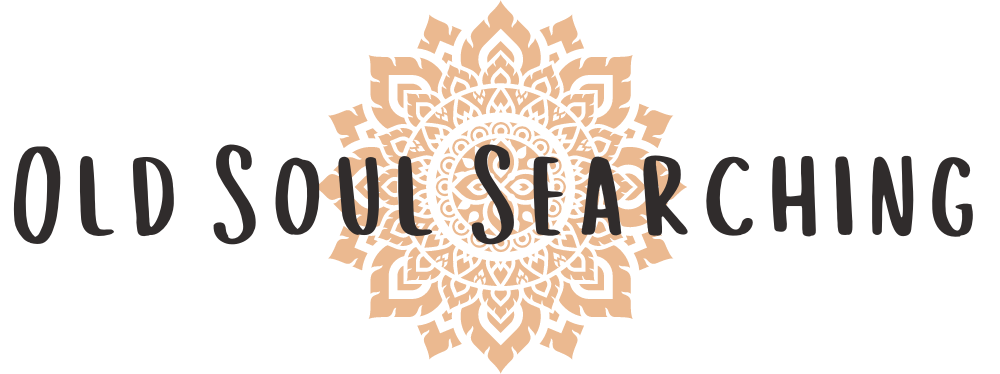. . .
How do we know when we’re settling in life? How do we know when the life we’re living is a life we’ve chosen or a life that’s chosen us without much of our say at all?
Time can be deceiving – we tend to think we have more of it than we actually do, and so it becomes easy to waste a seemingly limitless resource. We waste it when our senses go numb, and we lose the capacity to see beauty in the world or pry meaning from it. We waste it by letting go of our dreams, releasing them like helium balloons back into the atmosphere, as if they were never within our reach to begin with. We waste it by settling for mediocre love, for a limp hand that doesn’t squeeze ours back when we need it most.
Settling for less than we deserve is the biggest time waster there is. And most of us do it so often, we may not even be fully aware of when it’s happening. The company that never promotes us is easier to stay loyal to than to leave not only because the work routine is familiar, but because we have faith in our hearts that soon our worth will be acknowledged, and the promotion will come. When it never does, we justify it in whatever way we can to help us sleep at night. This is how stagnation occurs. And this is how years pass by without us ever making a step in the direction of our choosing.
Why is leaving so difficult even if we suspect we might not be getting the best bargain? Uncertainty can be far more terrifying than remaining stuck in what is known. A physically abusive spouse might make leaving difficult because we hold on to the “good days,” no matter how fleeting. We convince ourselves that those good days outweigh the risks of starting over. You might question whether or not you’ll ever find love again or if it will match the initial spark you felt in your former relationship. You won’t have access to these answers if and when you decide to leave, but you will have a clean slate, unexplored potential, and time to figure it all out.
Still, it’s one thing to write it or read it, and it’s something else entirely to do it. How do we know we’re making the right choice by leaving? How do we know we’re not simply falling victim to Grass Is Always Greener Syndrome? If you spend more time wishing your life away or stuck in a daydream, that might be your indication. It’s normal to fantasize about different outcomes, but the moment you feel that you’re living less in the present and more in the imagination, that’s when you know it’s time for a change.
Ask yourself: “Does my boss value me as his employee? Does my friend make space in her life for me the way I do for her? Does my partner love and respect me in return? Is there a future here?” If you answered anything other than yes, then you’re wasting time.
Keep in mind, that some of the best relationships do take time to nourish. They do not happen overnight, as is the case with a seedling you hope will blossom. Is the person you love worth it? Is the position you’re fighting for in your career worth the struggle and the wait? If so, keep going. Keep proving your worth. Just don’t keep fighting so long that you forget what it is you’re fighting for. Don’t let the exertion drain you so severely that you wilt in the corner.
Good love keeps us growing. It doesn’t make us wither. Good love is the scaffolding that keeps us tall on days when we feel we might crumble without it. An even greater love makes us realize we never needed the scaffolding, that we were always capable of thriving without it.
Don’t settle. Choose the life you want. Be bold. Take risks.
If you take one thing away from this post, let it be this: You can either live in the greatest daydream that resembles reality or live in a reality that resembles your greatest dreams. If you’re stuck in the former, that’s not living, that’s escaping. Minds wander from boredom and if this is your mode of choice, you might just miss out on an existence you previously thought was far too good for you.
. . .
Photo by Tsunami Green on Unsplash
Subscribe to Old Soul Searching and get more motivational insights straight to your inbox!




